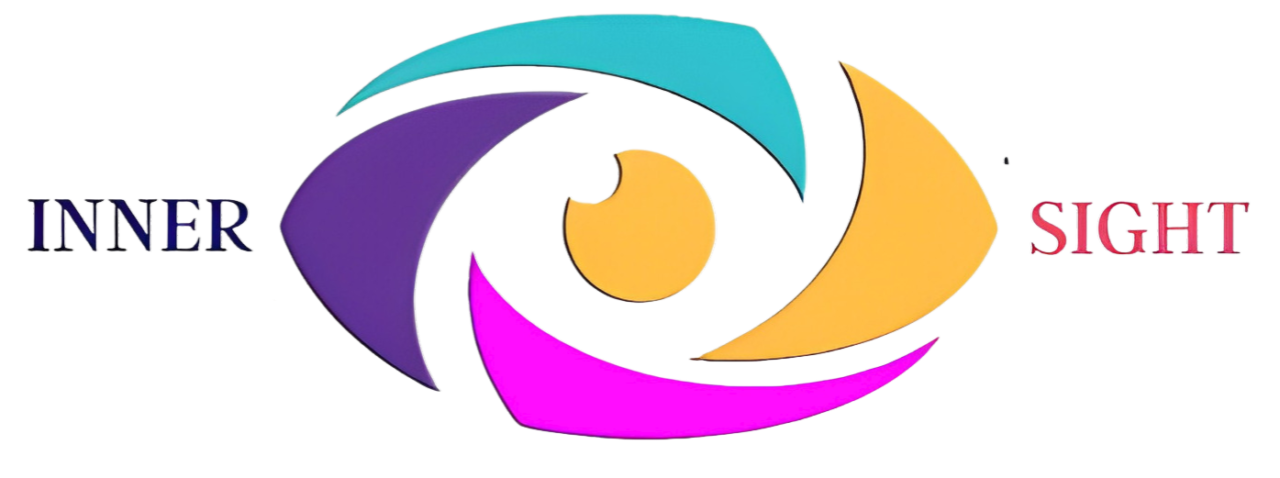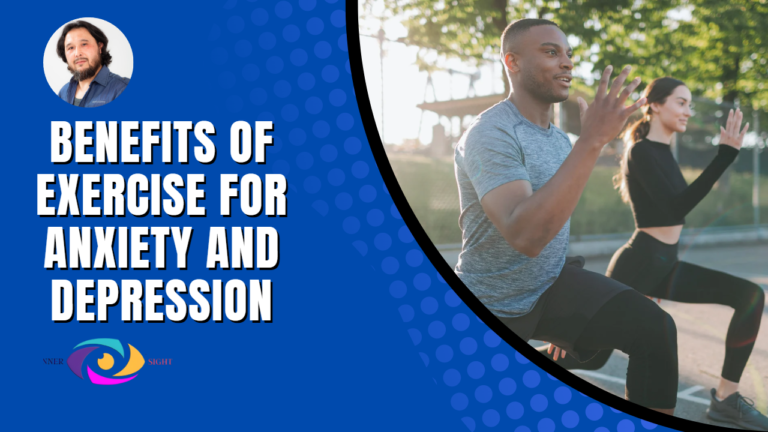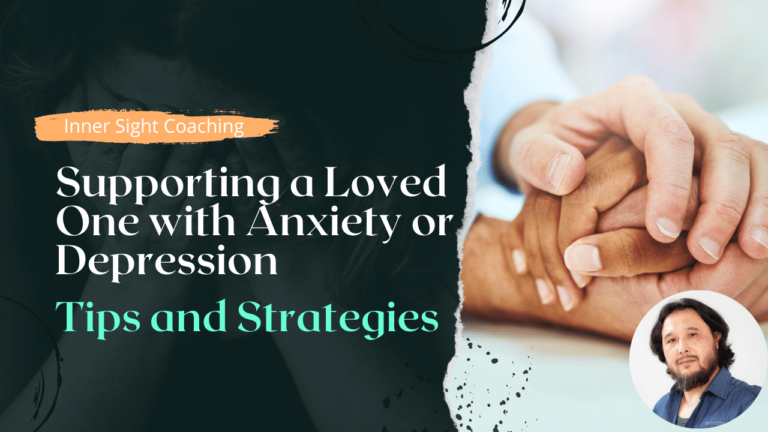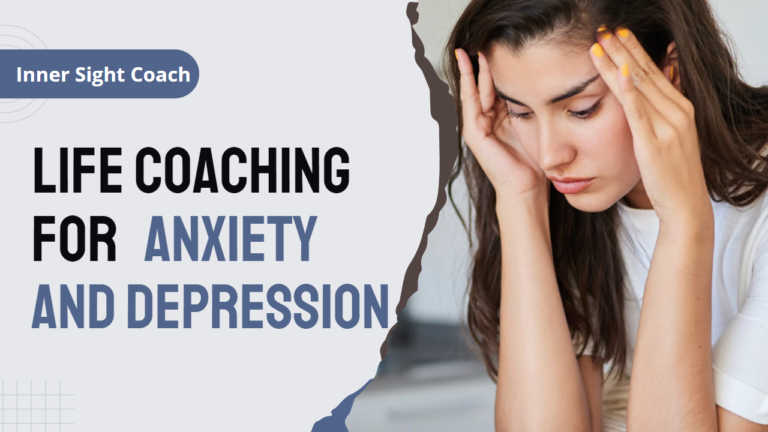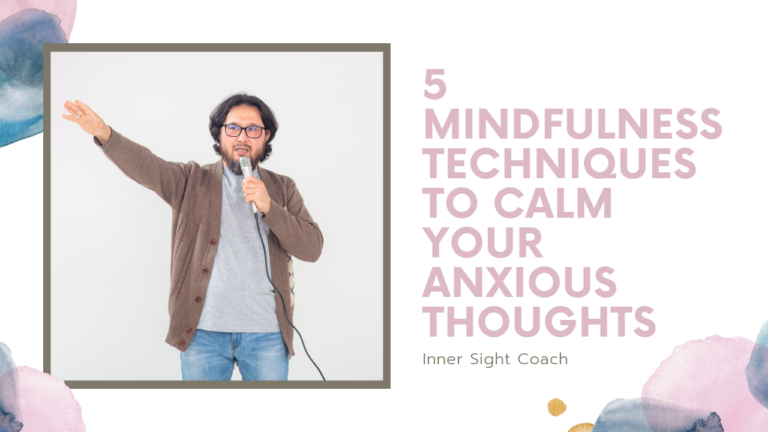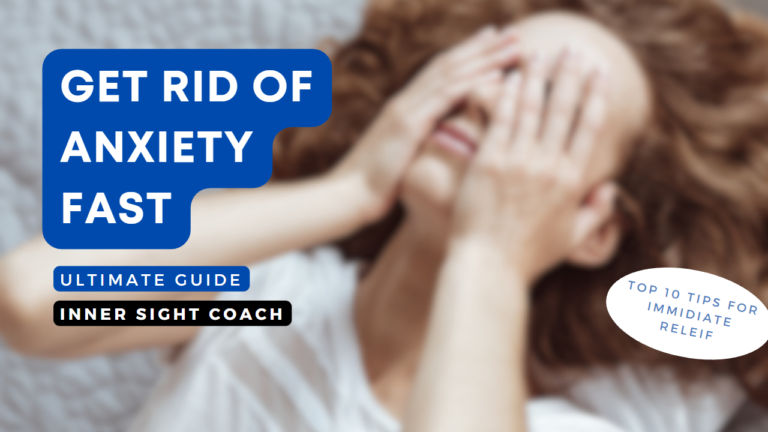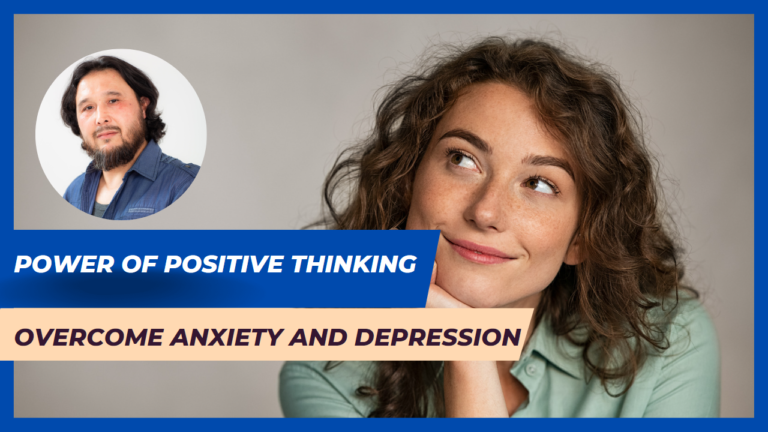Anxiety Vs Depression What’s the Difference?
Anxiety and depression are two of the most common mental health issues that affect millions of people around the world. Although they share some similarities, they are two different conditions that require different approaches when it comes to treatment. In this article, we will take a closer look at anxiety and depression and explore the differences between them ( Anxiety Vs Depression ).
What is Anxiety?
Anxiety is a feeling of worry, nervousness, or unease about something with an uncertain outcome. It is a normal response to stress or danger, but when it becomes excessive and persistent, it can interfere with daily activities and lead to an anxiety disorder.
Symptoms of Anxiety
The symptoms of anxiety can vary from person to person, but some common symptoms include:
- Excessive worry or fear
- Restlessness or feeling on edge
- Fatigue
- Difficulty concentrating
- Irritability
- Muscle tension
- Sleep disturbances
- Panic attacks
Causes of Anxiety
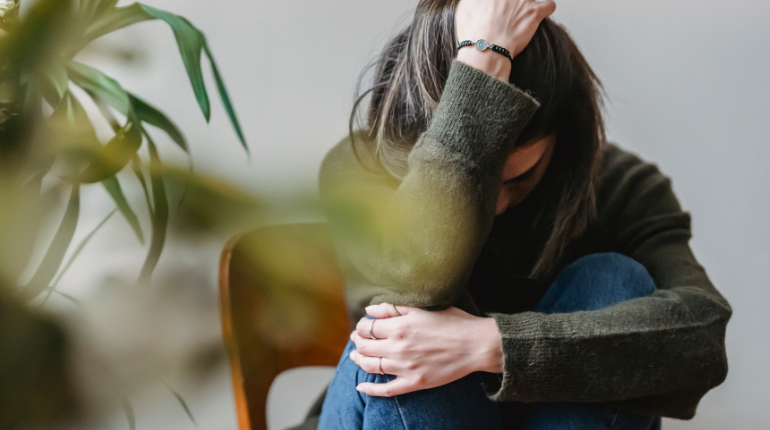
The causes of anxiety can be complex and may involve a combination of genetic, environmental, and psychological factors. Some common causes of anxiety include:
- Family history of anxiety
- Trauma or stressful life events
- Chronic stress
- Physical health conditions
- Substance abuse or withdrawal
- Certain medications
Types of Anxiety Disorders
Anxiety disorders are a group of mental health conditions that involve excessive anxiety or fear. Some common types of anxiety disorders include:
- Generalized Anxiety Disorder (GAD)
- Panic Disorder
- Social Anxiety Disorder
- Specific Phobias
- Obsessive-Compulsive Disorder (OCD)
- Post-Traumatic Stress Disorder (PTSD)
What is Depression?
Depression is a mood disorder that affects how a person feels, thinks, and behaves. It is characterized by persistent feelings of sadness, hopelessness, and a lack of interest in activities that used to be enjoyable.
Symptoms of Depression
The symptoms of depression can vary from person to person, but some common symptoms include:
- Persistent feelings of sadness or emptiness
- Loss of interest in activities
- Changes in appetite or weight
- Insomnia or oversleeping
- Fatigue or loss of energy
- Difficulty concentrating
- Feelings of worthlessness or guilt
- Recurrent thoughts of death or suicide
Causes of Depression
The causes of depression can be complex and may involve a combination of genetic, environmental, and psychological factors. Some common causes of depression include:
- Family history of depression
- Trauma or stressful life events
- Chronic stress
- Physical health conditions
- Substance abuse or withdrawal
- Certain medications
Types of Depression
Depression can be categorized into several types based on its severity, duration, and other factors. Some common types of depression include:
- Major Depressive Disorder (MDD)
- Persistent Depressive Disorder (PDD)
- Bipolar Disorder
- Seasonal Affective Disorder (SAD)
- Psychotic Depression
Anxiety Vs Depression Key Differences
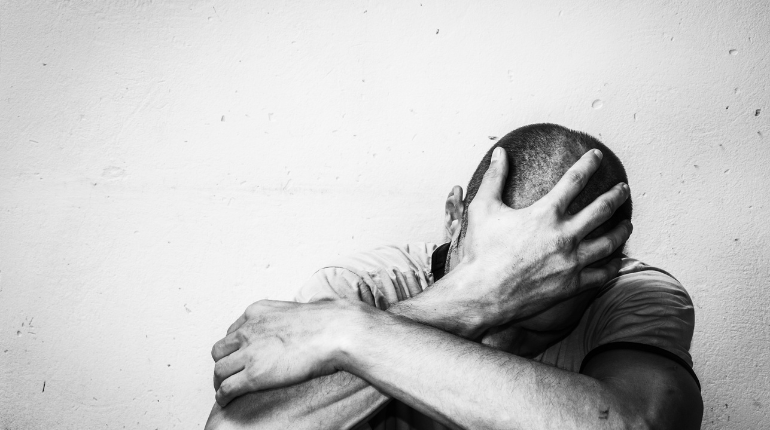
Although anxiety and depression share some similarities, they are two distinct conditions with different symptoms and causes. Here are some key differences between anxiety and depression:
- Anxiety is characterized by excessive worry or fear, while depression is characterized by persistent feelings of sadness and hopelessness.
- Anxiety can cause physical symptoms such as muscle tension and panic attacks, while depression can cause changes in appetite, weight, and sleeping patterns.
- Anxiety is often accompanied by a sense of restlessness, while depression can lead to a lack of energy and motivation.
- Anxiety is often triggered by specific situations or events, while depression can occur without any apparent cause.
- Anxiety is more likely to be diagnosed in younger individuals, while depression is more common in adults.
Diagnosis and Treatment of Anxiety and Depression
The diagnosis of anxiety and depression involves a thorough evaluation of the individual’s symptoms and medical history. A mental health professional may use various tools and questionnaires to assess the severity and type of the condition.
Treatment for anxiety and depression may involve a combination of medication, therapy, and lifestyle changes. Some common medications used to treat these conditions include antidepressants, anti-anxiety drugs, and beta-blockers. Therapy, such as cognitive-behavioral therapy (CBT), can help individuals learn coping strategies and address underlying issues that contribute to anxiety and depression.
Coping Strategies for Anxiety and Depression
In addition to professional treatment, there are several self-help strategies that can help individuals cope with anxiety and depression. These may include:
- Practicing relaxation techniques such as deep breathing and meditation
- Engaging in regular physical activity
- Eating a healthy and balanced diet
- Getting enough sleep and maintaining a regular sleep schedule
- Avoiding alcohol and drugs
- Seeking support from friends, family, or support groups
Seeking Professional Help
If you are experiencing symptoms of anxiety or depression, it is important to seek professional help. A mental health professional can provide an accurate diagnosis and recommend appropriate treatment options.
Common Myths About Anxiety and Depression
There are several myths and misconceptions surrounding anxiety and depression. Some common myths include:
- Anxiety and depression are a sign of weakness.
- Only certain types of people get anxiety and depression.
- Anxiety and depression are not real medical conditions.
- Medications for anxiety and depression are addictive and dangerous.
It is important to remember that these beliefs are not true and can prevent individuals from seeking the help they need.
Conclusion
Anxiety and depression are two distinct mental health conditions that affect millions of people worldwide. While they share some similarities ( Anxiety Vs Depression ), they have different symptoms and causes that require different treatment approaches. Seeking professional help and using coping strategies can help individuals manage these conditions and improve their quality of life.
FAQs
Anxiety and depression are both common mental illnesses, with anxiety being slightly more prevalent.
Yes, prolonged or severe anxiety can increase the risk of developing depression.
While there is no cure for anxiety and depression, they can be effectively managed with treatment and coping strategies.
Medication can be an effective treatment option for anxiety or depression, but it is often used in conjunction with therapy and lifestyle changes.
Supporting a loved one with anxiety or depression can involve being a good listener, encouraging them to seek help, and offering practical support, such as helping them make appointments or attending therapy sessions with them.
